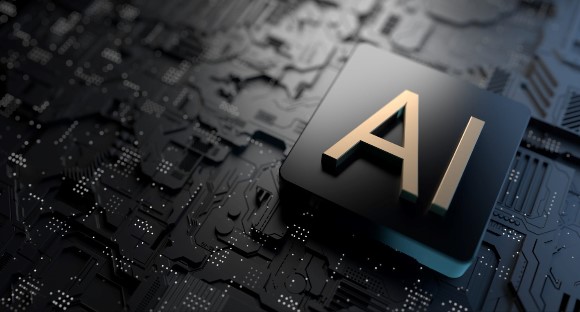Artificial intelligence will be great for the economy long-term, but the interim could bring growing pains for certain segments of the workforce, posits David Steinberg, co-founder and CEO of Zeta Global.
RELATED: Global summit on AI takes action to ensure artificial intelligence benefits humanity
“Jobs will change,” he said. “While the blue collar workforce felt the biggest impact in the past, it will be white collar employees who will need to retool and shift skillsets to be successful in the golden age of AI.”
Steinberg predicts that over the next decade, the true value of AI will be realized through the enterprise, particularly in areas like business intelligence, marketing and supply chain. AI will be able to do the same thing for businesses as pricey management consultant firms for a vastly reduced cost, he explains, plus, AI will accommodate the massive inequity looming on the horizon when it comes to job openings and talent available due to a significant percentage of the population aging out of employment.
“The roles that will grow in value include those in creative areas and those who bring in business and close business deals,” Steinberg said. “Those currently in school or in the workforce will need to identify opportunities to learn and grow for tomorrow’s roles.”
While most of the chatter surrounding AI centers on the technology itself, Steinberg emphasizes the importance of educating the public about the potential for AI to create a variety of different circumstances.
“Everyday consumers need to be made aware that what they could be seeing or hearing may not in fact be real. They need to understand the potential repercussions to the job market and shifts in other aspects of daily life,” he added. “This degree of understanding is critical to creating an empowered population that can welcome the new technology, instead of being scared of it.”





























